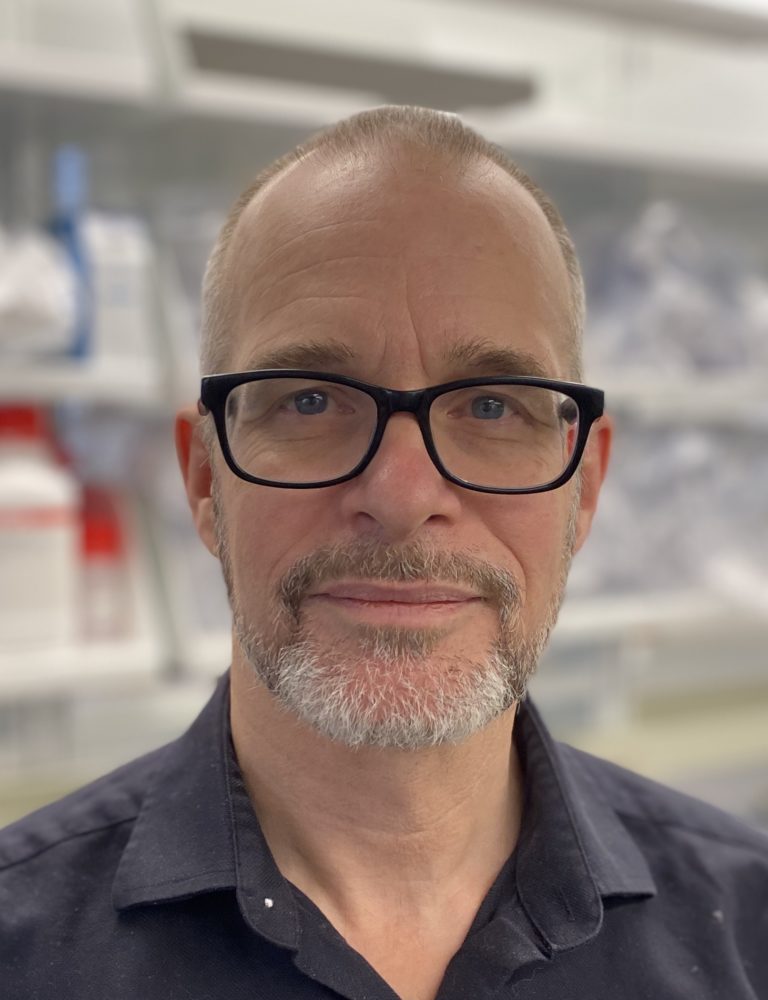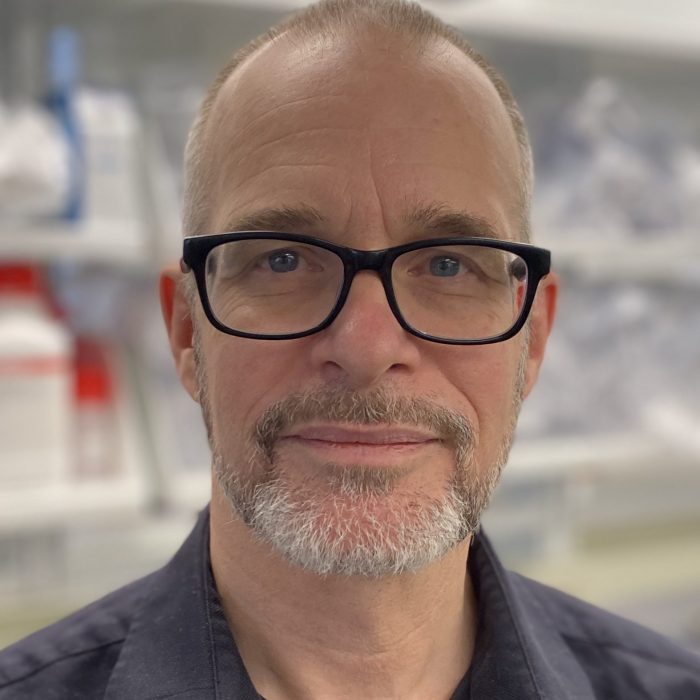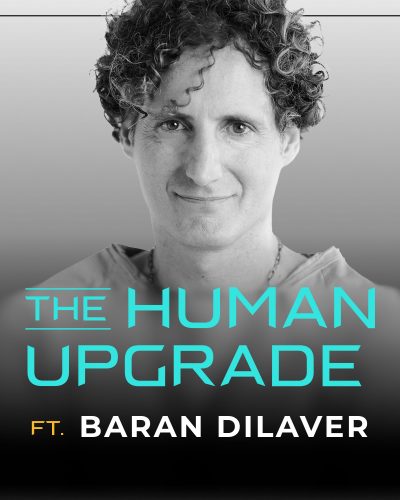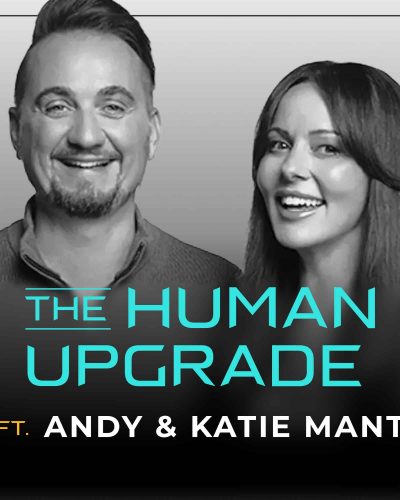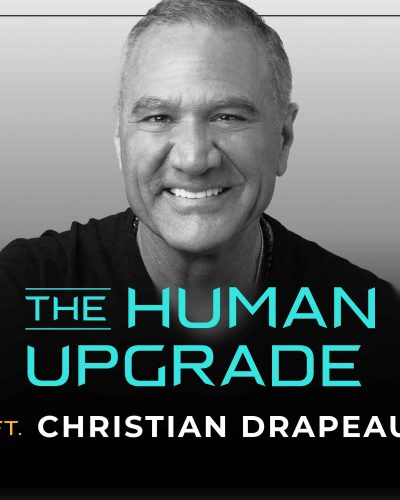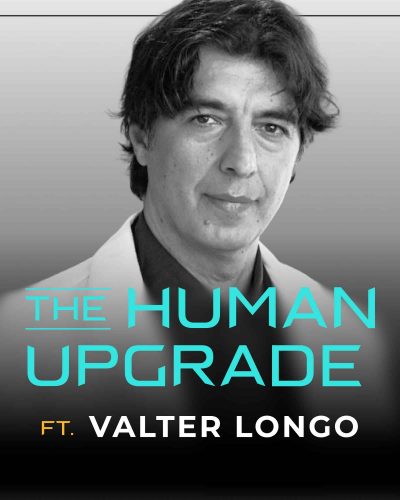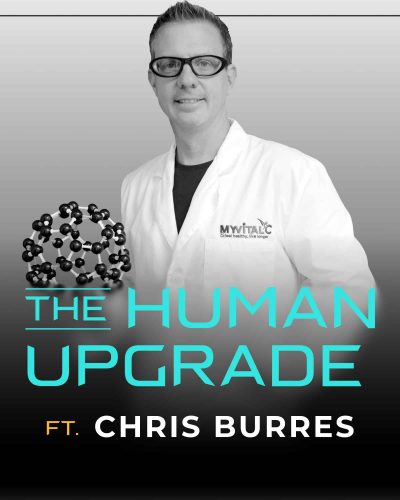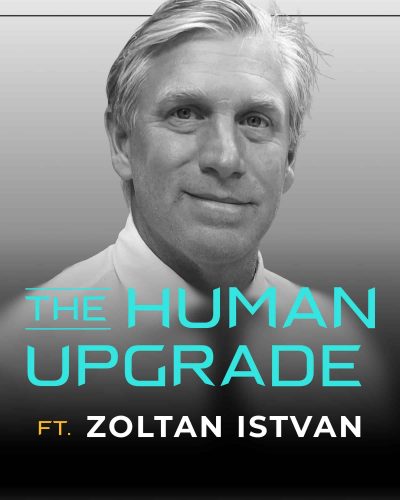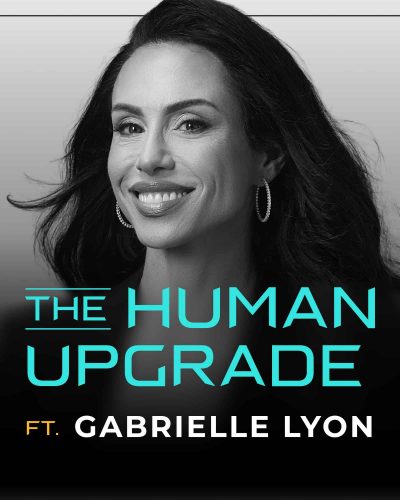In this Episode of The Human Upgrade™...
… you’ll learn about the implications of synthetic biology in Part 1 a special two-part episode.
Andrew Hessel and Amy Webb recently authored, “The Genesis Machine: Our Quest to Rewrite Life in the Age of Synthetic Biology.” This Part 1 episode gets into the scientific perspective with Andrew. Part 2 on episode #914 explores the futurist perspective with Amy.
Ask yourself, if you could edit your genes—to fix infertility, diabetes or even depression—would you do it? That’s the premise, and the promise, of synthetic biology. And a reality you’ll have to wrestle with. To make these decisions intelligently requires a deeper—and urgent—understanding of what’s happening in science.
Right now, scientists are rewriting the rules of our reality. They can use computers to gain access to the cells of any living organism and write new, potentially better, biological code.
“All life has basically the same machine and the cell doesn’t matter whether it’s a single-celled organ, like a bacterium or you and me, the core machinery is the same,” says Andrew. “The programming language of DNA is the same, and all of the diversity we get in the natural world around us is really just different software.”
Andrew—a microbiologist and geneticist—works on the leading edge of genomics and bioinformatics. He’s been immersed in the world of synthetic biology for years and joins the show to explain new advancements.
“It's self-experimentation. You have to be able to have some freedom to play with things, but you don't want to be the earliest adopter of these brand-new technologies. So, biohacking and freedom to operate is really important.”
Andrew Hessel
As a scientist, communicator, and investor, he explores the future of biology and biotechnology. He co-founded the Center of Excellence for Engineering Biology and the Genome Project-write. The Genome Project-write is an international scientific effort that designs and builds large genomes, including the human genome.
“Synthetic biology is where it gets interesting because now you actually start to want to program that code,” he says. “You actually want to start writing programs, and that sounds a little weird, but once you’ve sequenced an organism and got that information into the computer, it’s like using a word processor.”
As we embrace that life no longer will be a game of chance, it will be the result of design, selection and choice, morechoices have to be made. Decisions like who gets to program life, create new life forms, and even bring former life back from extinction?
“The Genesis Machine’ is a book about science, but it’s not written for scientists, Andrew says. “It’s about some amazing people and stories and we’ve got some fun scenarios that help you think about where some of this stuff is going. But really, this is a technology that we’re all building day by day.”
Enjoy the show!
LISTEN: “Follow” or “subscribe” to The Human Upgrade™ with Dave Asprey on your favorite podcast platform.
REVIEW: Go to Apple Podcasts at daveasprey.com/apple and leave a (hopefully) 5-star rating and a creative review.
FEEDBACK: Got a comment, idea or question for the podcast? Submit via this form!
SOCIAL: Follow @thehumanupgradepodcast on Instagram and Facebook.
JOIN: Learn directly from Dave Asprey alongside others in a membership group: ourupgradecollective.com.
- Our Partners
- Links & Resources
- Key Notes
Apple Cider Vinegar Benefits:
https://paleovalley.com/DAVE, use code DAVE to get 15% off your first order
Book: “The Genesis Machine: Our Quest to Rewrite Life in the Age of Synthetic Biology”
About Andrew Hessel: humanegenomics.com/team/
Twitter: twitter.com/andrewhessel
Center of Excellence for Engineering Biology: engineeringbiologycenter.org/leadership/
Previously on Bulletproof Radio:
- Let’s roll up our sleeves and for out, what is synthetic biology? – 1:02
- We started to digitize it with sequencing technology, literally a machine that takes that molecule and starts to read the information that’s encoded on it. – 5:45
- The very first genome that we ever wrote using this technology, and I mean, by we, science was a virus in 2002. It was about 7,500 letters of DNA. – 10:47
- Let’s just say we already have the technology to write a mitochondrial genome because it’s pretty small, actually. – 16:37
- The fact that we took mRNA and got it into the world, into literally a billion injections, I think that’s such a game changer for this technology. – 26:13
- Eventually, writing a giga base billion based genome like a plant or an animal is going to be within reach of a desktop device. We know that. – 32:13
- Now the kids that are really looking to the future are thinking, “I’m not going to program computers. That’s relatively easy. I did that in grade school. I want to go program life and I want to write programs that are going to be valuable,” which may be to fight a cancer. – 39:08
- But we’re also going into this new area that I think is super fascinating, and it’s protein engineering. – 43:25
- I think it’s really fascinating that the intersection of AI and computing where it is today, but also just the new architectures around blockchains and just open books really, it’s open books, which is, I find so fascinating. – 51:32
- We will get a lot more experience programming cells and we will start working our way up to humans fairly quickly because the rate limiting step in biology versus computers is really different. – 58:10
- If we become superhuman where we literally start to re-engineer ourselves to remove the susceptibilities to cancer, to age more gracefully, to increase our intelligence or balance our intelligence, because sometimes we just get mentally imbalanced, go I. – 1:03:55
